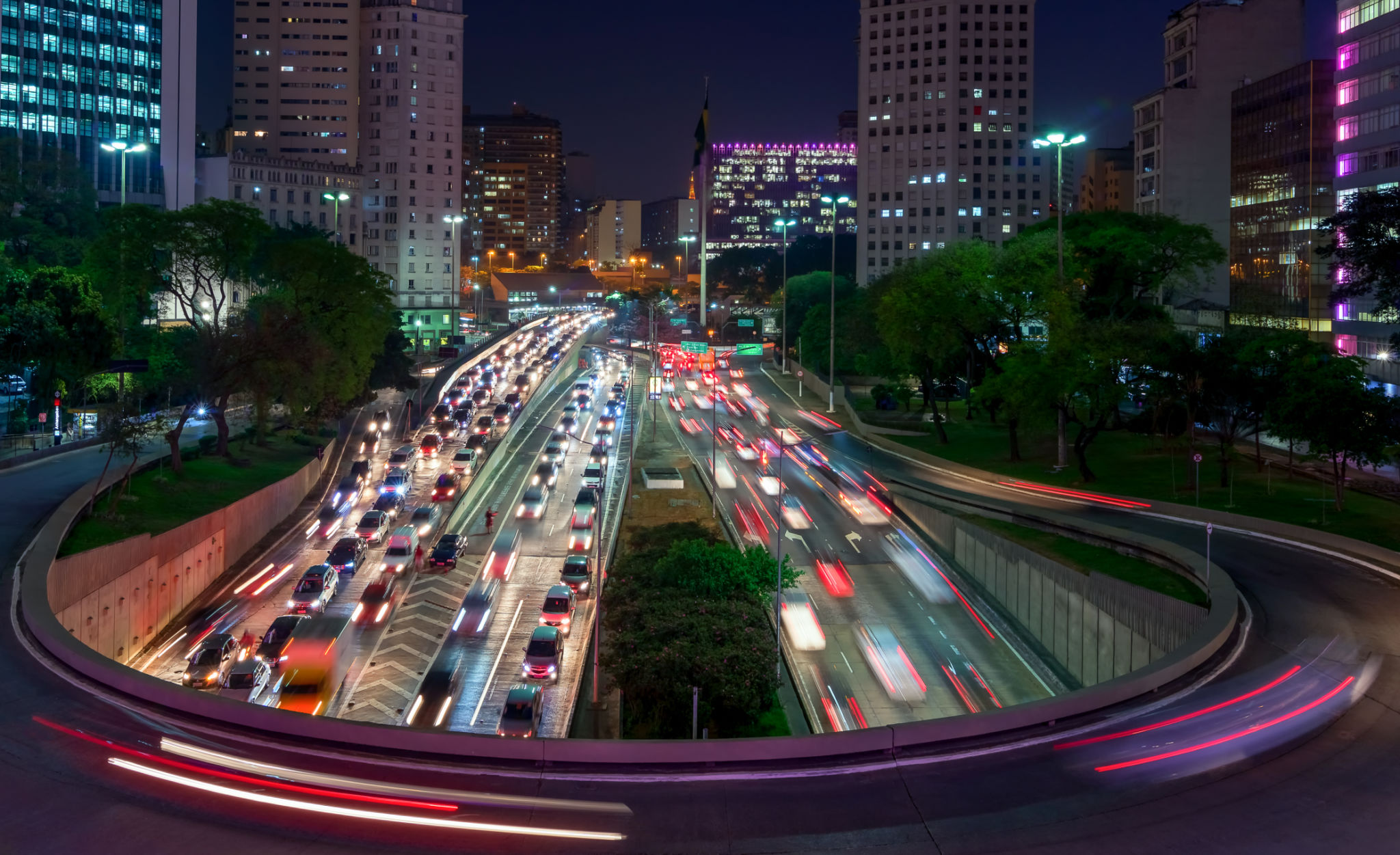Key Challenges in Developing Eko Atlantic City and How to Overcome Them
Eko Atlantic City, a visionary project on the coast of Lagos, Nigeria, is set to redefine urban living in Africa. However, developing such a massive project comes with its own set of challenges. From environmental concerns to infrastructural demands, the path to creating this new urban hub is complex.
One of the primary challenges faced during the development of Eko Atlantic City is its *environmental impact*. The project is built on reclaimed land from the Atlantic Ocean, which raises concerns about coastal erosion and the long-term sustainability of the land. Mitigating these environmental risks requires innovative solutions and careful planning.

Addressing Environmental Concerns
To address these environmental challenges, developers have implemented several strategies. A significant step has been the construction of a robust sea wall, known as the Great Wall of Lagos. This structure is designed to protect the city from ocean surges and prevent erosion. Additionally, continuous environmental assessments ensure that the development aligns with sustainable practices.
Incorporating green spaces and promoting biodiversity within the city are also crucial. The integration of parks, gardens, and green roofs can help mitigate urban heat and enhance the overall ecological balance.
Infrastructure and Utility Development
Another major challenge is the *infrastructure* required to support a city of this scale. Eko Atlantic City aims to offer modern amenities and utilities to its residents, which requires substantial investment in power, water, and waste management systems. Developing these infrastructures not only demands financial resources but also advanced technology and expertise.

To overcome these challenges, partnerships with global technology firms and local government agencies are essential. Collaborations can facilitate the transfer of knowledge and technology necessary for building efficient utility systems. Moreover, leveraging renewable energy sources like solar and wind can provide sustainable power solutions for the city.
Socio-Economic Integration
The socio-economic integration of Eko Atlantic City with existing communities in Lagos presents another challenge. Creating an inclusive environment that benefits both new residents and neighboring communities is vital for the project's success. This involves addressing potential disparities in wealth distribution and ensuring access to opportunities for all.
Efforts to overcome this challenge include investment in local businesses and providing employment opportunities during and after construction. Encouraging community engagement and fostering partnerships with local stakeholders can also promote harmonious integration.

Legal and Regulatory Hurdles
Legal and regulatory hurdles often pose significant obstacles in large-scale developments like Eko Atlantic City. Navigating complex land acquisition processes, obtaining necessary permits, and complying with local laws require meticulous planning and negotiation.
Establishing clear communication channels with government authorities and ensuring transparency in all dealings can help streamline these processes. Engaging legal experts who understand local regulations can also facilitate smoother project execution.
The Road Ahead for Eko Atlantic City
Despite these challenges, the future of Eko Atlantic City remains promising. With strategic planning, innovative solutions, and collaborative efforts, this ambitious project is well on its way to becoming a beacon of modern urban development in Africa. As construction progresses, ongoing adaptation and responsiveness to emerging challenges will be key to its sustained success.